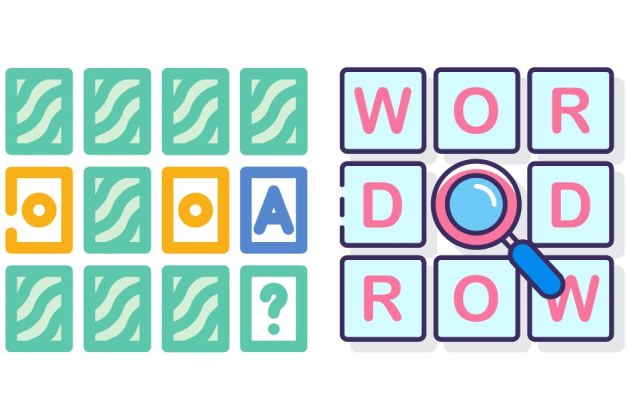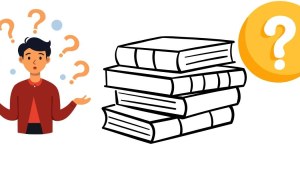In the English language, many words are formed by adding prefixes, which modify or change the meaning of the root word. One of the most common prefixes is “mono,” which originates from the Greek word “monos,” meaning “one” or “single.” The prefix “mono” is widely used to indicate something that is singular or unified.
In this blog post, we’ll explore some common words that start with “mono” and see how they are used in everyday language.
1. Monologue
A monologue refers to a long speech delivered by one person, often in a play, movie, or conversation. The word comes from the Greek “monos” (one) and “logos” (speech), so it literally means a single person’s speech. In theater or literature, a monologue is typically a powerful, emotional, or reflective speech delivered by a character.
Example: “The actor performed a moving monologue that captivated the entire audience.”
2. Monopoly
A monopoly is a market situation where a single company or entity has control over the supply of a product or service, limiting competition. The word “monopoly” comes from “mono” (one) and “polein” (to sell), implying that one seller controls the market.
Example: “The government is investigating the tech company for possible monopoly practices in the industry.”
3. Monotony
Monotony refers to the lack of variety or diversity, often leading to boredom or dullness. It comes from “mono” (one) and “tonus” (tone), indicating a single, unchanging tone or pattern, which can be tiresome over time.
Example: “He couldn’t stand the monotony of his daily routine anymore.”
4. Monochrome
The word monochrome is used to describe images or designs that consist of one color or shades of one color. It comes from “mono” (one) and “chroma” (color), referring to a single color scheme.
Example: “The photographer used a monochrome palette to create a striking black-and-white portrait.”
5. Monogamy
Monogamy refers to the practice of having only one partner at a time, particularly in marriage or relationships. It comes from “mono” (one) and “gamos” (marriage), reflecting the concept of a single marriage or partner.
Example: “They believe in monogamy and have been happily married for over a decade.”
6. Monolithic
Monolithic refers to something that is large, powerful, and unified, often with the implication that it is rigid or unchanging. The term comes from “mono” (one) and “lithos” (stone), originally describing something made of a single large stone, but later expanded to refer to any large, singular entity.
Example: “The company operates like a monolithic organization, with all decisions coming from the top.”
7. Monocular
A monocular is a type of optical device or a vision aid that allows you to see with one eye, as opposed to binoculars, which are used with both eyes. It comes from “mono” (one) and “oculus” (eye), reflecting the device’s design.
Example: “He used a monocular to get a closer look at the distant mountain peak.”
8. Monotask
Monotask is the opposite of multitask and refers to focusing on a single task at a time. This modern term emphasizes the importance of concentrating on one thing without distraction.
Example: “She prefers to monotask because it helps her stay more productive and focused.”
9. Monsoon
A monsoon is a seasonal wind pattern that brings heavy rains, especially in parts of Asia. The word “monsoon” is derived from the Arabic “mausim,” meaning season, which is closely related to the idea of a single rainy season.
Example: “The monsoon season in India can bring intense rainfall and flooding.”
10. Monomer
A monomer is a molecule that can bind with others to form a polymer, such as a single unit in the structure of a polymer chain. The term comes from “mono” (one) and “meros” (part), reflecting the fact that it’s a single, repeating unit.
Example: “Polyethylene is made from repeating monomer units that form a strong, flexible material.”
The Versatility of “Mono”
The prefix “mono” plays a significant role in many words in the English language, often highlighting the concept of one, single, or solitary. Whether you’re talking about a monologue, a monopoly, or a monsoon, this simple prefix gives words a sense of unity or singularity. As we’ve seen, “mono” is a versatile prefix that helps create words across different fields, from art and literature to science and business.
Understanding the meaning of “mono” can help you recognize and comprehend the purpose of these words, enriching your vocabulary and grasp of the language.




Leave a comment